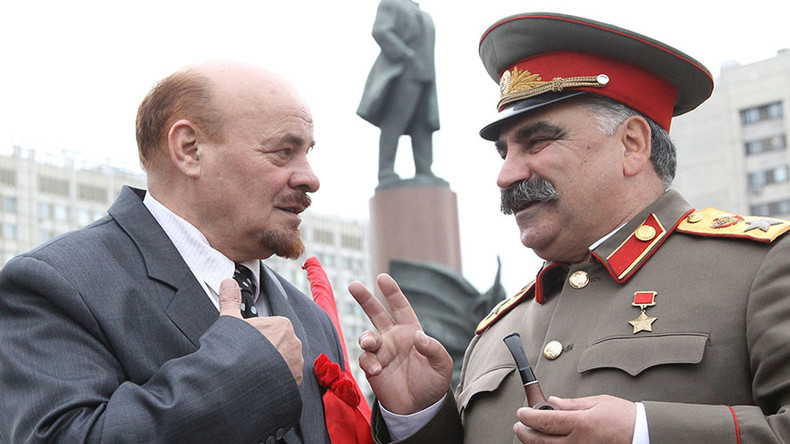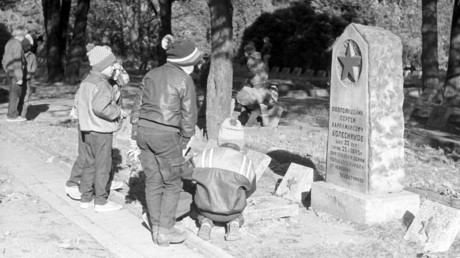Security Council warns of foreign nations’ plans to ‘deliberately destroy’ Russian history

The issue was raised at a recent session of the Security Council’s research branch dedicated to preparations for the 100th anniversary of the 1917 Bolshevik revolution, Kommersant daily reports.
The newspaper quoted an attendee as saying that “historical memory is becoming a target of deliberate destructive actions on the part of foreign state structures and international organizations that promote geopolitical interests within the course of anti-Russian policy.” The person quoted urged Russian authorities to launch preventive measures and organizations that could quickly react to any attempts to falsify history.
A special state-run center for the protection of history was proposed, one similar to the government commission for the prevention of historical falsification that operated in Russia between 2009 and 2012. They also outlined six major periods and events in history that should be focused on – the ethnic policies of the Russian Empire, the ethnic policies of the Soviet Union, the USSR’s role in the defeat of Nazi Germany in WWII, the Nazi-Soviet non-aggression agreement of 1939 (the Molotov-Ribbentrop pact), and the political crises in Eastern Bloc countries in the 1950s and 60s.
Researchers also said that they expect anti-Russia forces to use the approaching centenary of the 1917 Bolshevik Revolution in their campaigns and general attempts to distort the history of this particular period.
The newly established body could employ methods like coordinating the information policies of various ministries and state agencies, finding and making public details about organized media campaigns aimed at distorting history, and tighter cooperation with Russia’s allies from the Collective Security Treaty Organizations (CSTO).
They warned that the “vacuum in the younger generation’s knowledge of history” makes it very easy to plant seeds of harmful ideas in society, and urged deeper study of the subject in Russian educational institutions as well as state program aimed at providing better access to quality textbooks.
A source in the Russian Presidential Administration, however, told Kommersant that so far, the agency believed that any attempts to counter historical falsification should be left to the academic community. State regulation of the issue should be used only in cases when there is actual violation of the law, for example when monuments are destroyed or vandalized, the source said.
Falsification of history is an urgently important subject in modern Russian politics. Last year, while speaking at a World Congress of Russian Press session, Russian President Vladimir Putin praised journalists for preserving the country’s historical memory, in particular, the honest coverage of WWII.
The main Russian political opposition, the Communist Party, also considers the falsification of history a primary threat to the country. Earlier this month, its Central Committee passed a resolution urging its members to step up efforts to promote leftist ideas and resist all attempts that might be made to falsify history in the run up to the 100th anniversary of the October Revolution.











